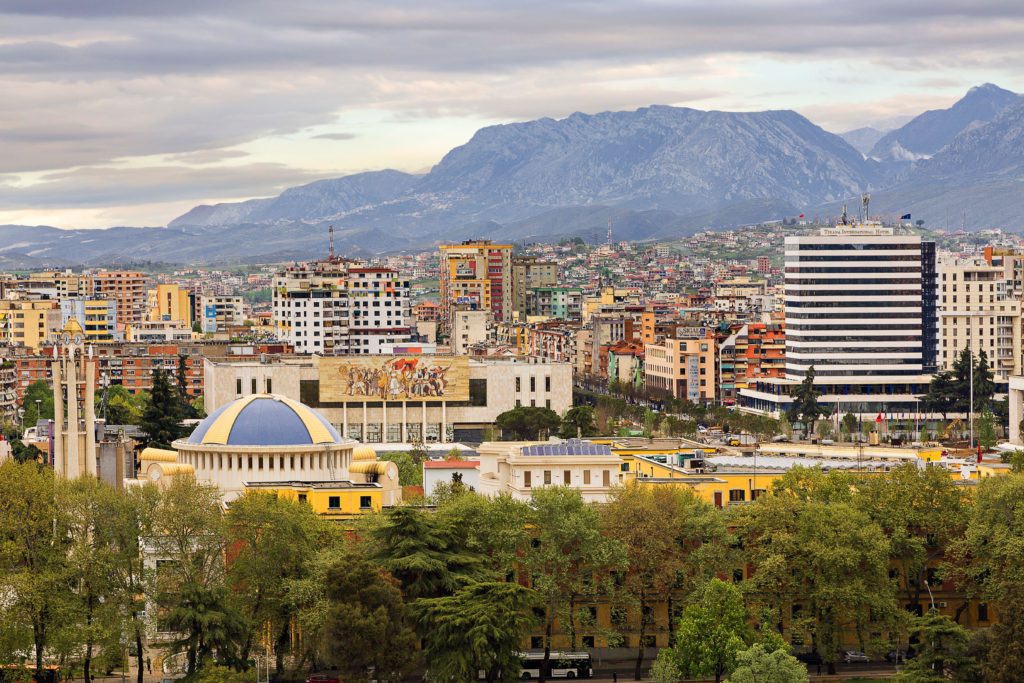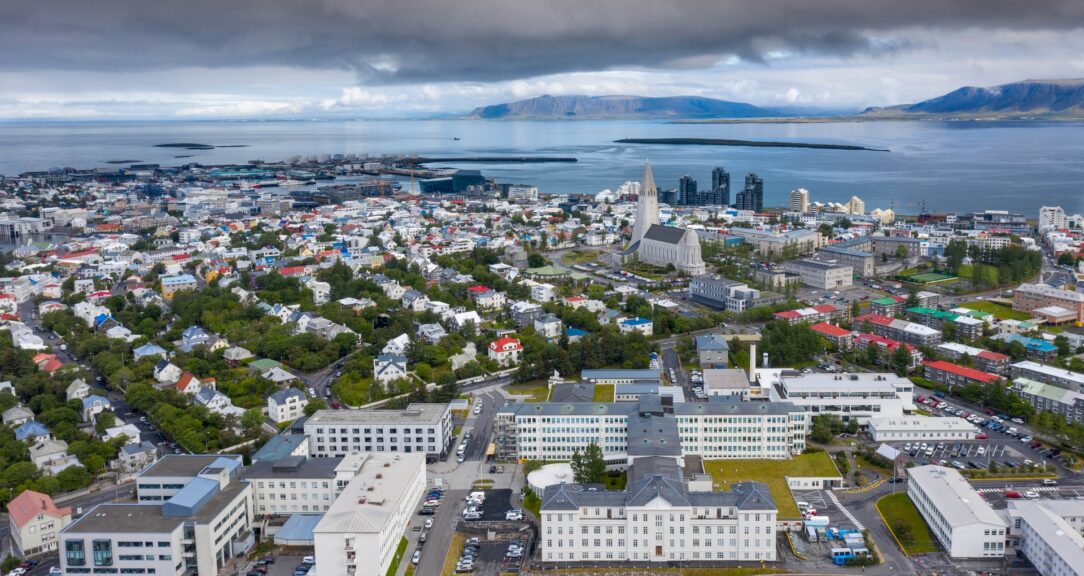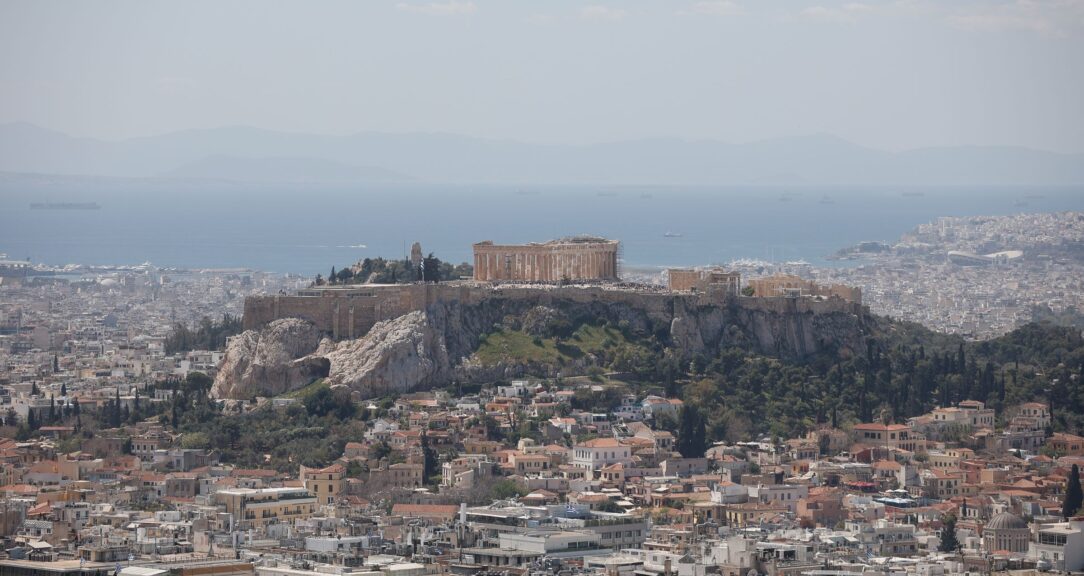In Albania, business leaders and regular people alike welcomed the transition 30 years ago to a capitalist democracy. This West Balkan country was one of the poorest in Europe. Its communist regime was considered one of the harshest and most isolated before 1991.
Since its transition from a centralized economy to a free-market economy, Albania is now classified by the World Bank as an upper-middle income country. But the country’s progress was nearly derailed by economic catastrophe. In 1997, a cascade of failing pyramid schemes nearly destroyed the young republic, with liabilities equal to about half of Albania’s GDP. That catastrophe also paved the path for a better economic system.
The setup
When Albania transitioned to a free-market economy in 1991, much of its population was living in poverty and unfamiliar with market practices and institutions, Chris Jarvis of the World Bank wrote. The economy had been centrally planned and closed off from the rest of the world, with almost all forms of private property eliminated.
Privatization of Albania’s industries led to strong economic growth in the 1990s, but structural reforms in banking and elsewhere had stalled, with little regulation or supervision, according to Jarvis. Three state-owned banks held more than 90% of all deposits, but transactions between banks could take upwards of two weeks. The public was often distrustful of banks, preferring to hold on to their savings in cash. Many Albanians left the country in the years following 1991, sending home $300 million in remittances annually.
But cash doesn’t earn interest, and so Albanians were open to new investment ideas. The country’s informal lending economy was robust, offering interest rates that were higher than the banks’. That set the scene for bad actors to take advantage.
Between 1991 and 1996, at least 25 companies were founded that were later exposed as fraudulent investment schemes; some were Ponzi schemes from the start, while others began as legitimate investment firms.
Ponzi schemes promise high financial returns, but those “dividends” paid to investors are just funds from subsequent investors. The scheme falls apart when new investments no longer cover investor payments or when the operator flees with the proceeds. Pyramid schemes operate similarly, but the victims themselves recruit more victims to earn recruitment commissions.
Investing in these entities was encouraged by government leaders at the time. The only vocal skeptic was the governor of the Bank of Albania, who urged an investigation but was ignored.
The largest firm of this sort was VEFA, which was founded as a holding company in 1993 but soon began taking deposits, eventually collecting more than $1 billion. VEFA invested in many areas of the economy — such as hotels, fuel, shops and factories — and in 1996 was offering its investors 8% interest per month.
Fatos Myftaraj, who now works as a taxi driver, saved up 5 million Italian lira (about $2,900) from working abroad for a decade. “When I gave the money to the VEFA member, who was driving a bulletproof van, he did not even look at it,” he says. “He threw it back with the other sacks of money.”
Irini Hidri had been working in Greece for seven years, hoping to save enough to buy a home in Albania. In 1996, she put the 1.7 million drachma (about $5,600) she had saved into VEFA, and was promised good returns on her investment.
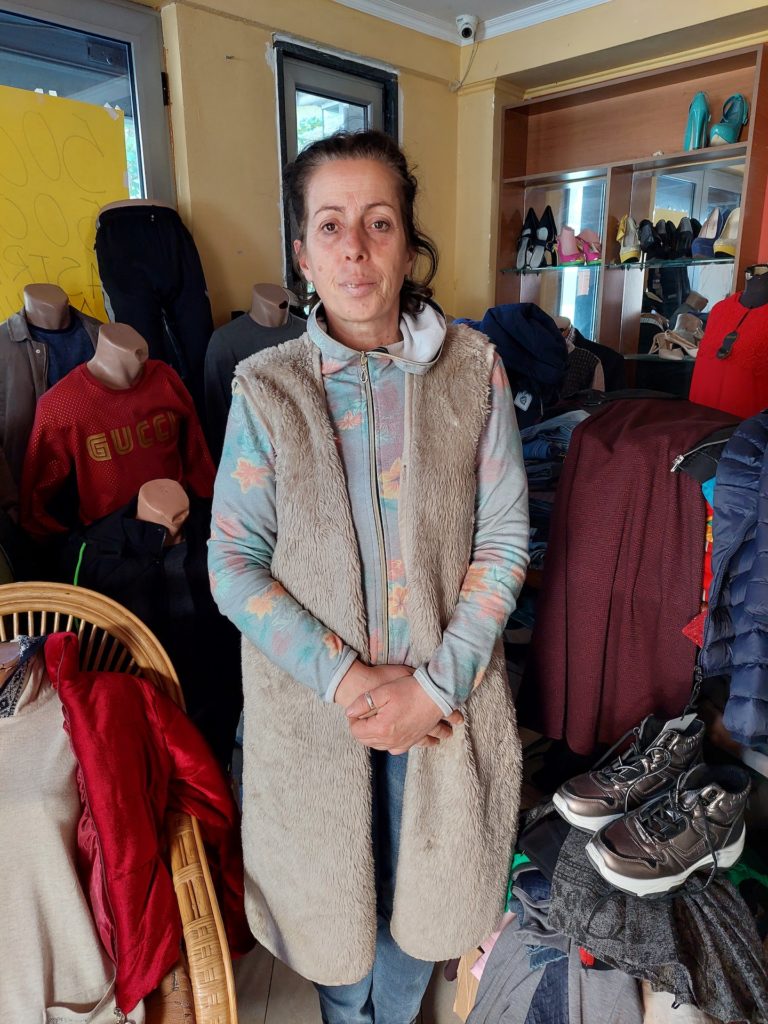
“They just gave us a printed letter from the VEFA company saying that you will get this money at a 1.5% interest rate back,” she says. “That letter, a child can print it nowadays, but we were very poor and happy to believe it was good, and we wanted to catch the opportunity.”
Albanians sold their houses to invest; farmers sold their livestock; money sent from relatives abroad was funneled into the schemes.
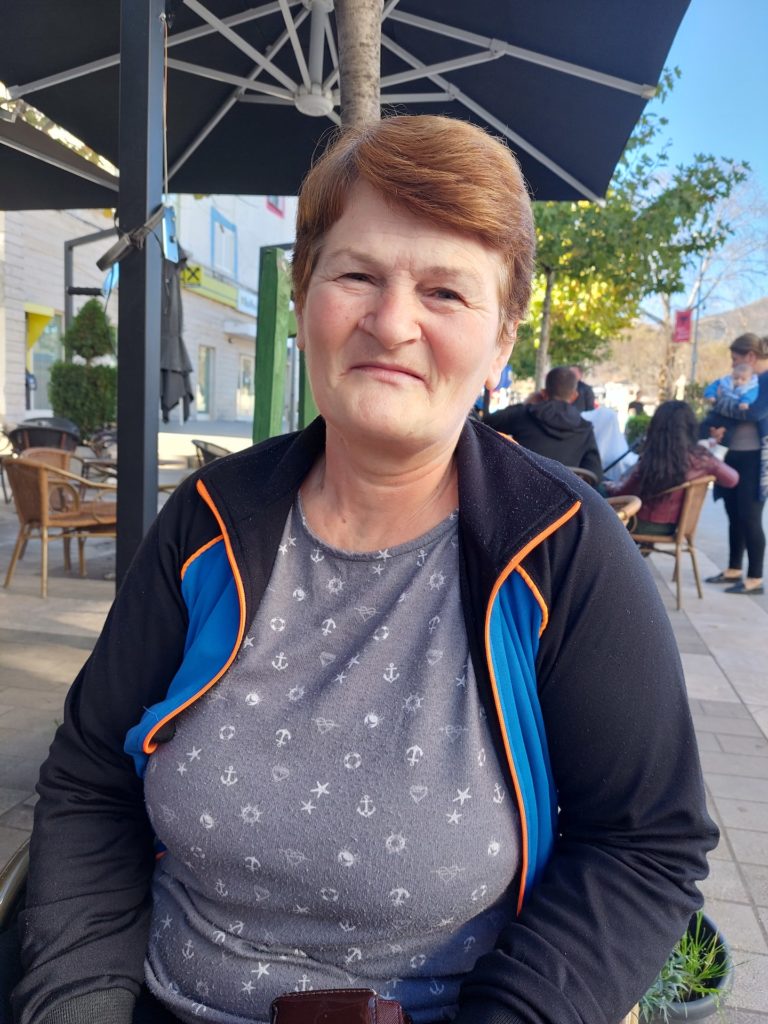
Marjana Muca sold her house in order to invest. “We were extremely poor in the ’90s. I sold my private villa, and all of this money I invested in one of the pyramid schemes. My husband and I hoped that we could buy a second home for our children where they could grow up, and we thought as well of opening a small shop where we could work together because we were both unemployed,” she says. “This is the biggest mistake my family made.”
The downfall
In late 1996, the pyramid schemes began to collapse, and within a few short months, all were insolvent.
Although some of the companies seemed successful for years, there’s no way for such a scheme to sustain itself in the long term. They need a constant stream of new investors to pay existing ones.As Jarvis noted, at some point in every pyramid scheme, the returns will begin to fail, and once payments fall through, the end is swift.
A number of more brazen schemes were launched in early 1996, promising even bigger returns than the established ones like VEFA. In the final months of the frenzy, companies were promising monthly interest rates of 30% or 40%.
“That is where the destabilization of Albania began,” says Selami Xhepa, economic expert and current member of Albania’s parliament. “The pyramid firms did nothing but add more gasoline to this fire, which I think was on the verge of exploding.”
About 1.8 million Albanians lost more than $1 billion in the schemes. That was about half of the country’s total GDP for 1996. The people took to the streets, accusing the government of endorsing and supporting the pyramid schemes. VEFA was still permitted to advertise on TV during this time.
The protests spread across the country, turning violent in early 1997. Protesters set state buildings on fire; they blocked roads, opened the food depots and looted armories. The government was not able to calm the people’s anger, and over the next six months, more than 2,000 Albanians died in clashes between the government, gangs and civilians.
In March 1997, Prime Minister Aleksandër Meksi resigned from office, and in April, U.N. peacekeepers arrived. The fighting continued until August, after President Sali Berisha resigned. The pyramid scheme war was finally over.
The aftermath
The economic damage was extensive; Albania’s government revenue had disappeared. Inflation rose and production declined in 1997. The value of the local currency — the Albanian lek (ALL) — dropped by nearly half against the dollar. And the collapse of the pyramid schemes did not help instill popular trust in the banking system.
“When I tell the youngsters nowadays about those times, it sounds like a tall tale to them,” says Myftaraj.
Out of 500 lawsuits initiated in the aftermath, 71 remain outstanding. Remaining liabilities to creditors are estimated at about ALL 86 billion ($800 million). Few victims ever received restitution, while most of the pyramid scheme operators received prison sentences or fled the country.
“I have no hope now of having that money back. Only if a miracle happens,” Hidri says. “If I only had all of the money today, I would use that money for my children’s education.”
The concept of besa — a pledge of honor — has been an important Albanian institution since tribal times. People trust each other, hold each other accountable, and expect that business partners will honor their promises. To this day it’s not uncommon to receive your pay in cash in an envelope. Besa explains why so many Albanians were willing to trust their money with others, and why the pyramid schemes represented such a deep, personal betrayal.
“That was the most difficult time of my life. My husband got depression because of the situation. Our family members abroad helped us financially to buy a smaller place to sleep because we risked being homeless,” Muca says. But “we were comforted a little bit because this was a national problem, and almost every Albanian citizen lost money.”
One could argue that Albania’s economic progress to date wouldn’t have been possible without its brush with collapse in 1997. Albania worked with the IMF to restart its tax collection, introducing value-added tax and strict monetary controls. The Bank of Albania was given the power to prevent unregulated institutions from carrying out banking business.
Today, employment in Albania is higher than in most economies in the Balkan region, at 53%. Talks to join the European Union officially began in 2020, and if approved, Albania could become a part of the E.U. after 2025. Membership would bring Albania’s transformation full circle, from near disaster.
Read more
Sign up to keep up to date with ReThink Q.
